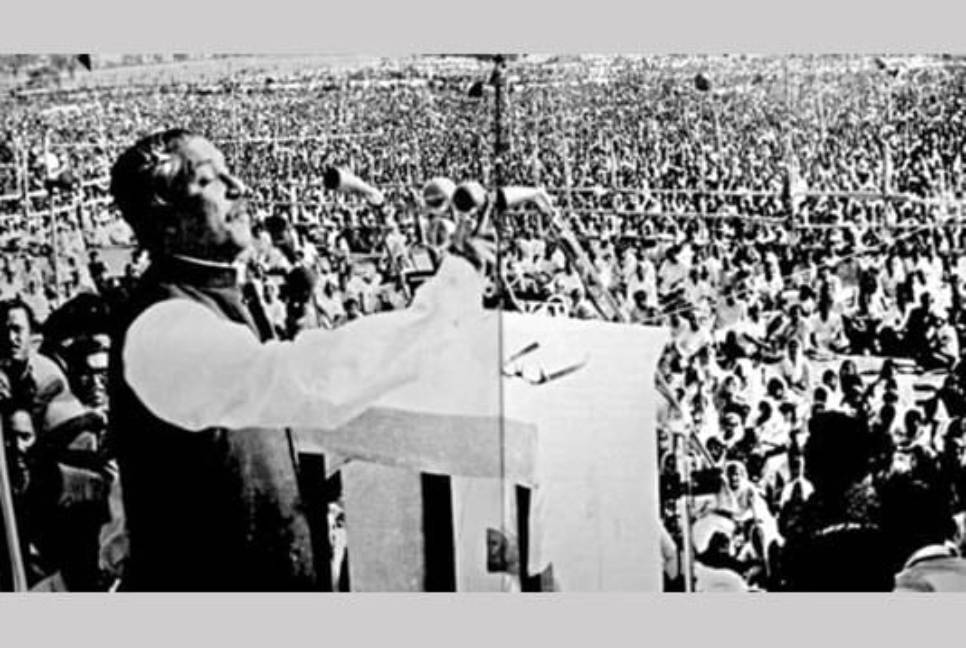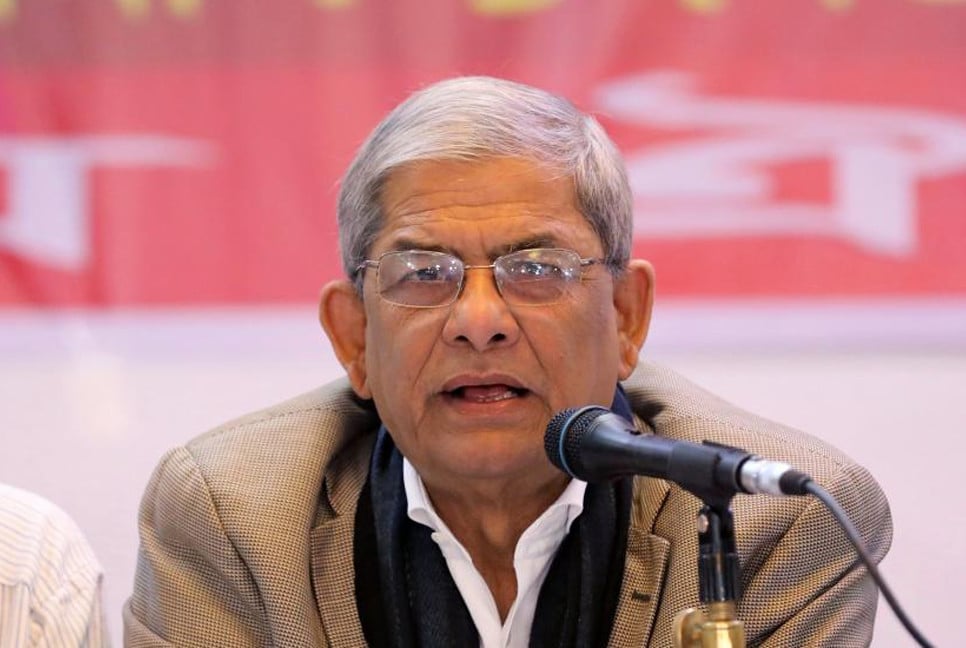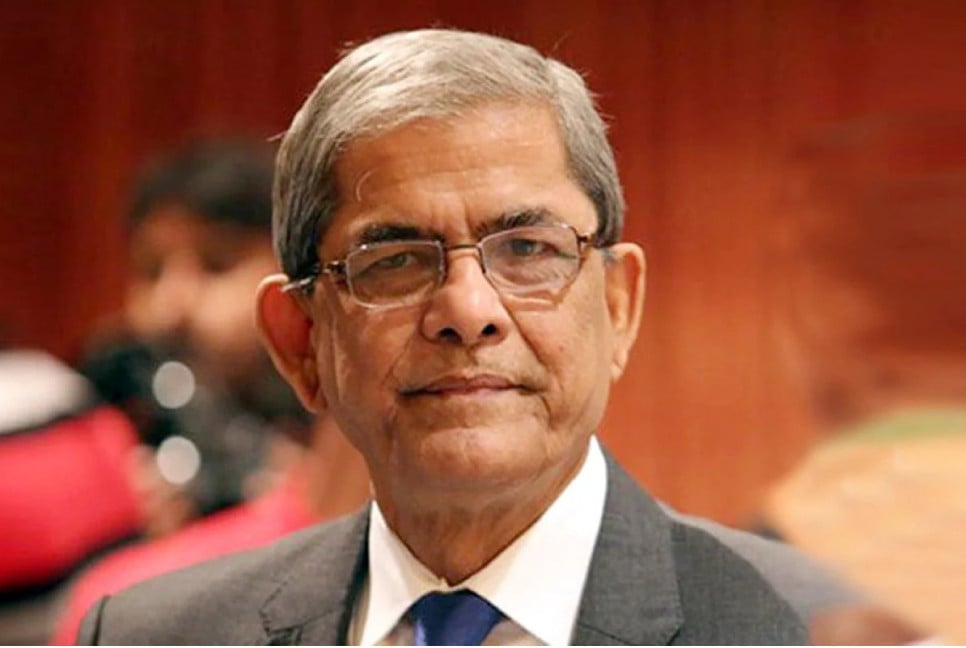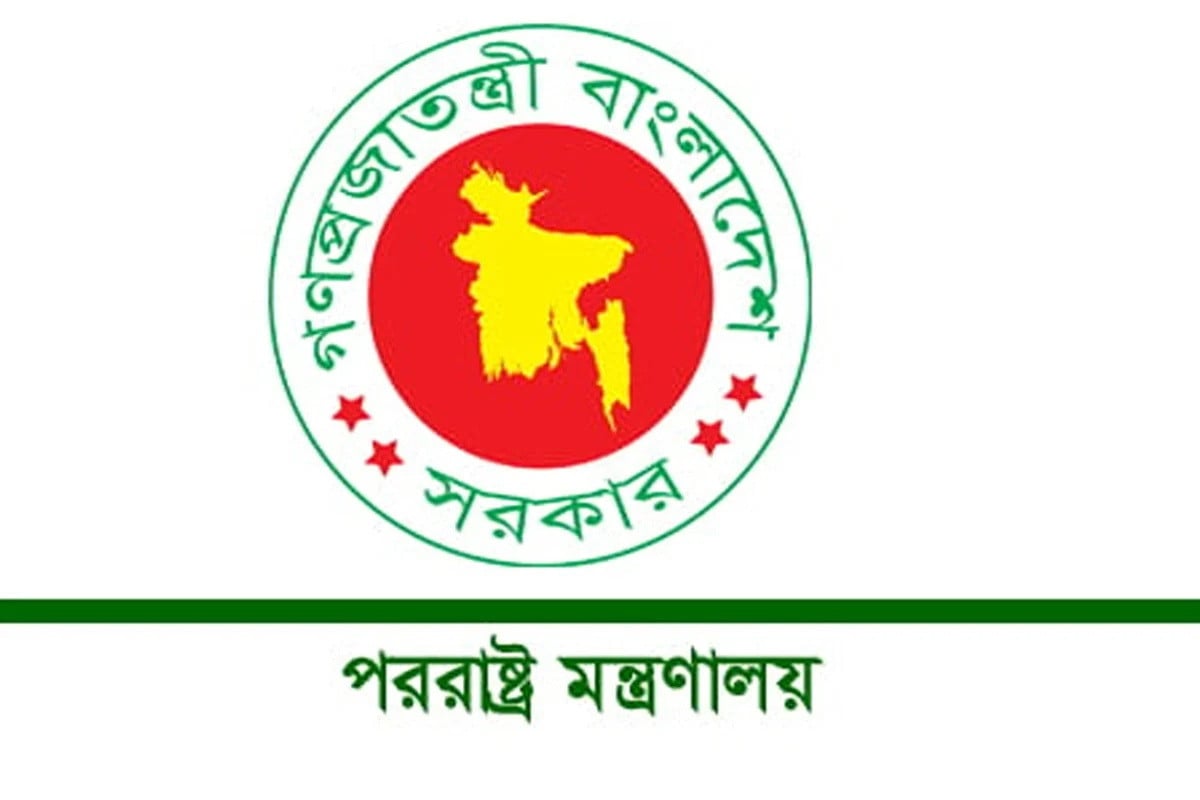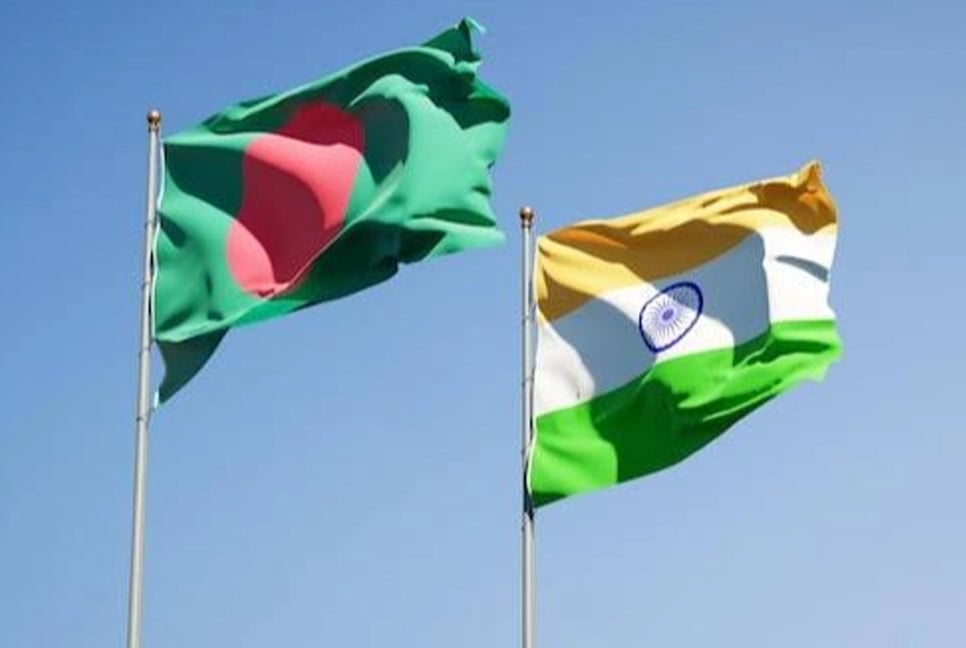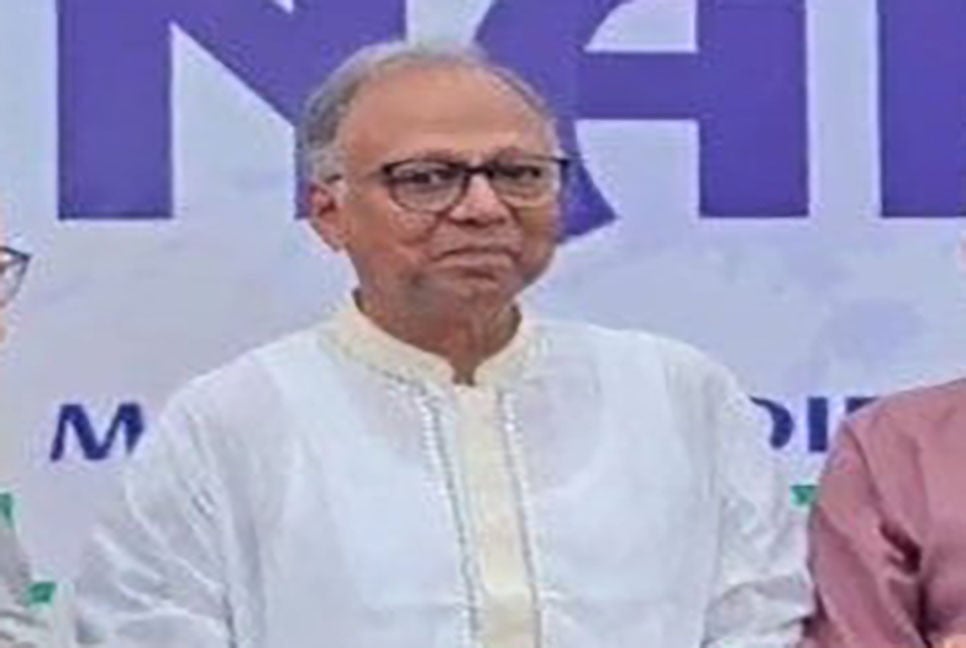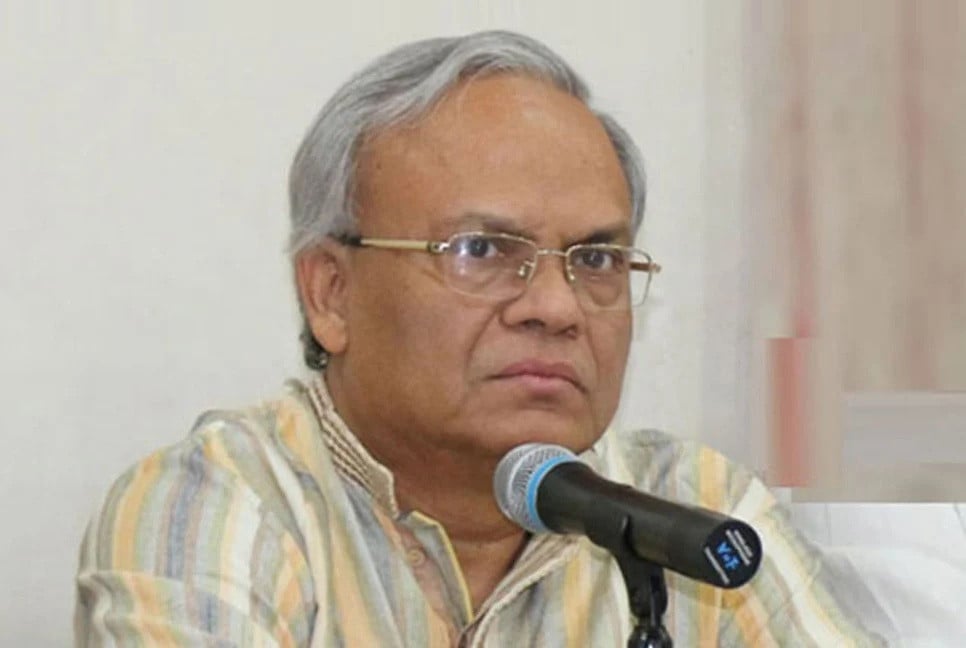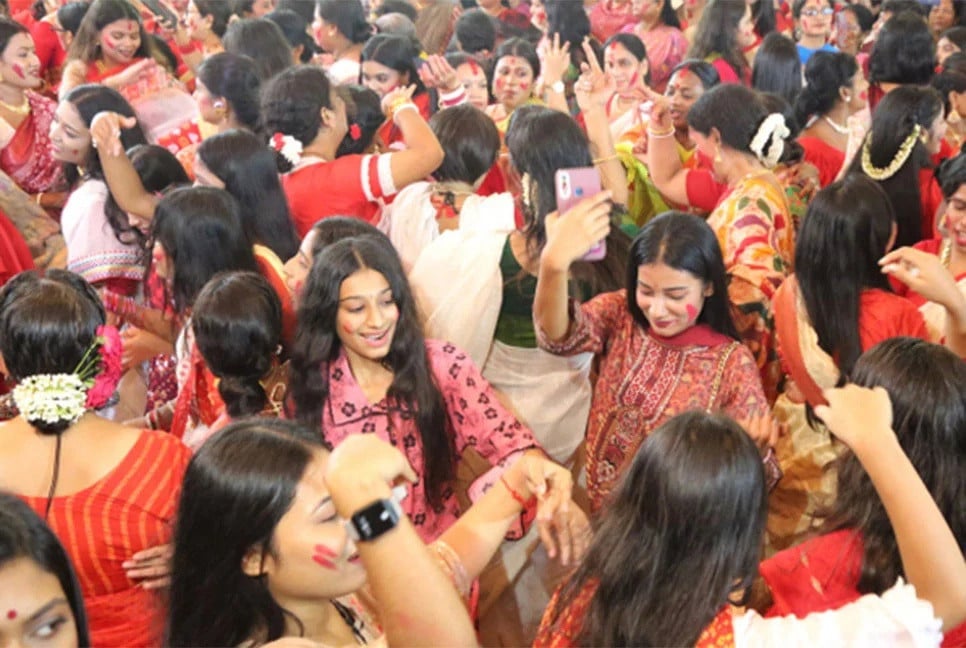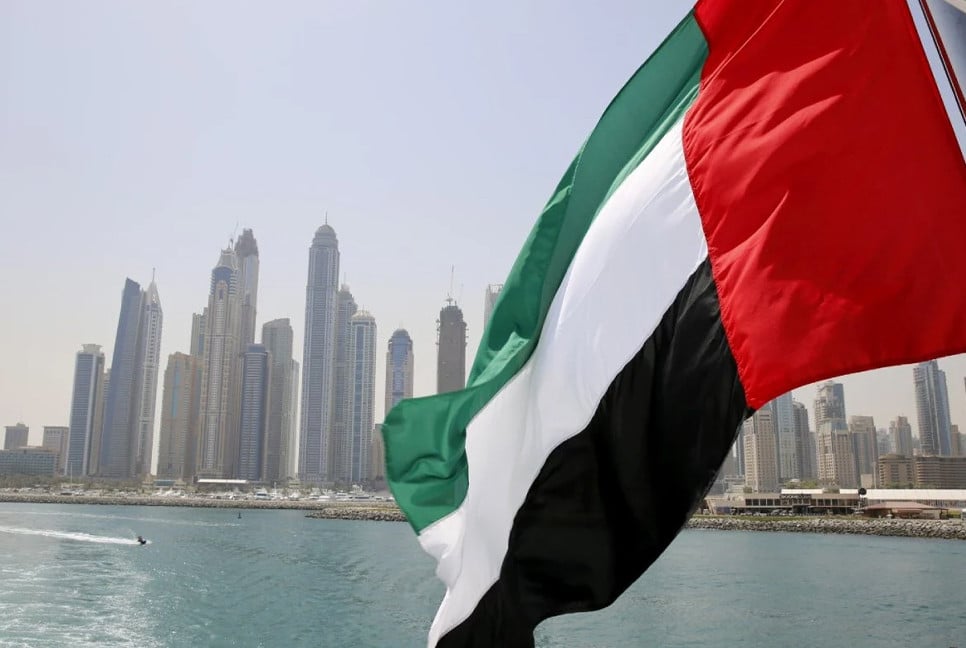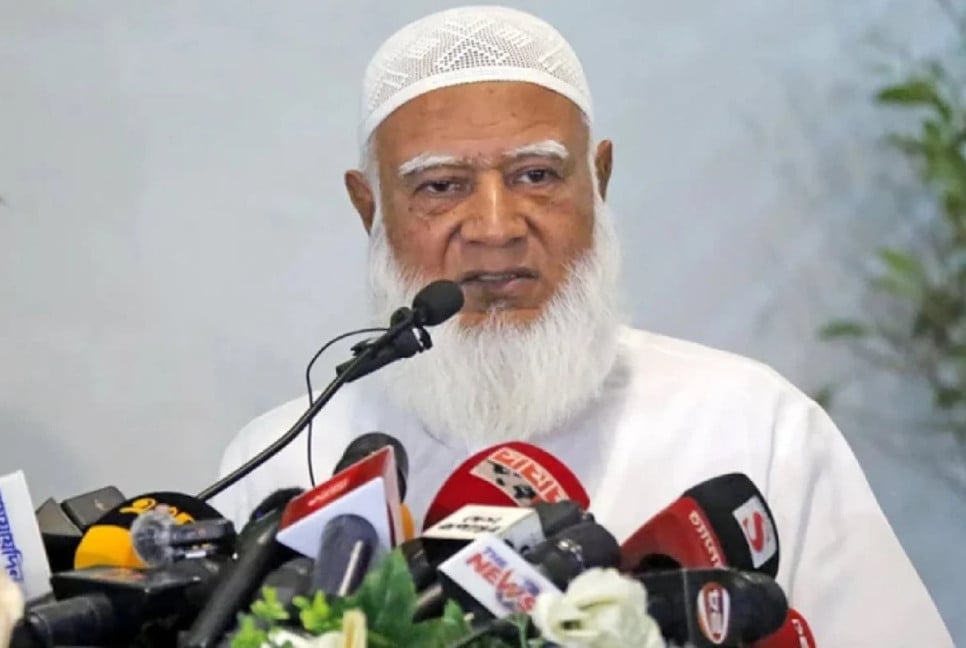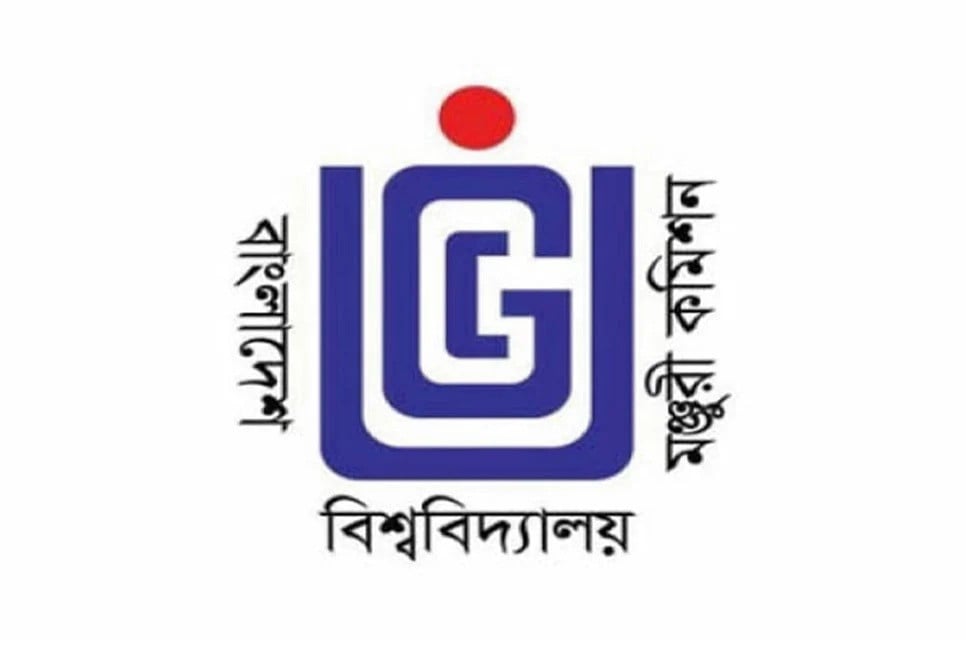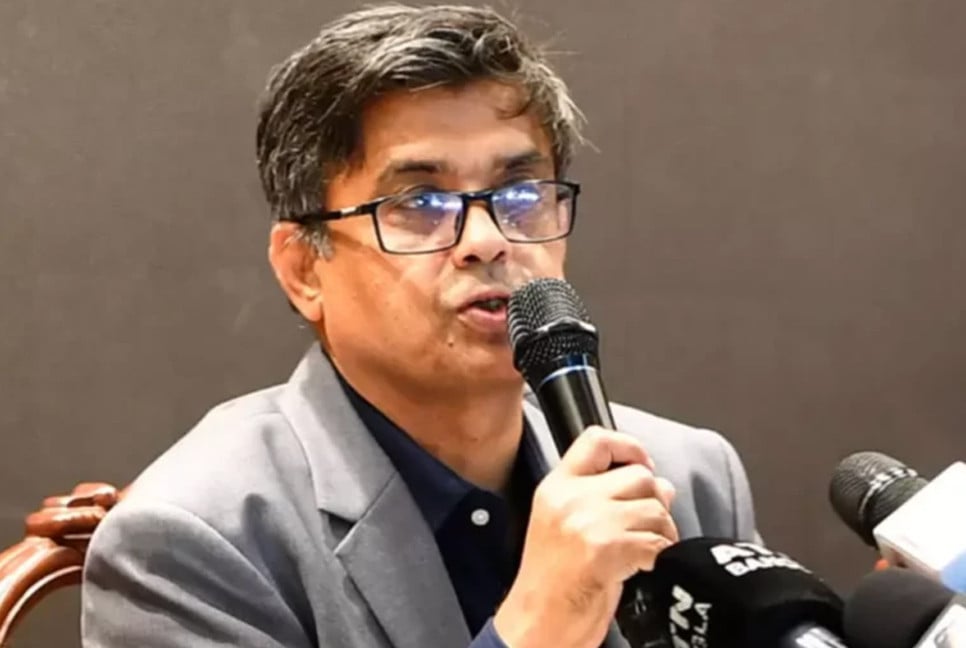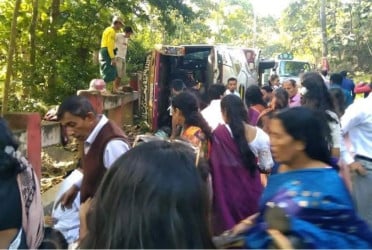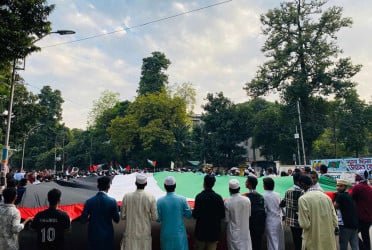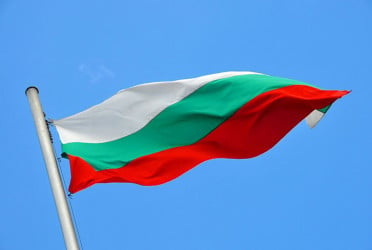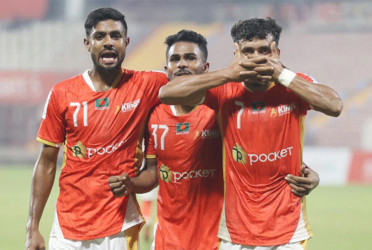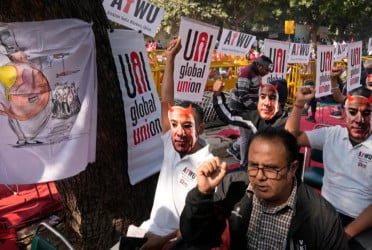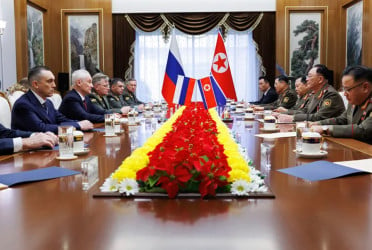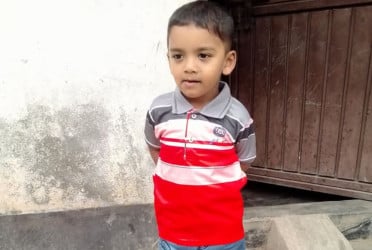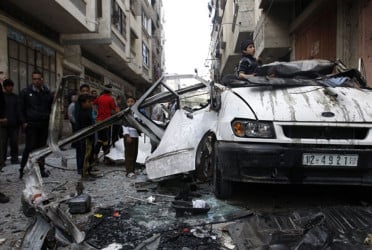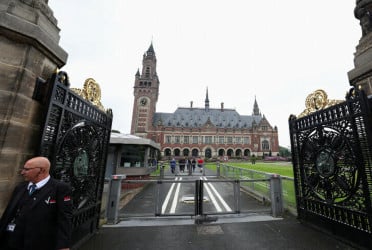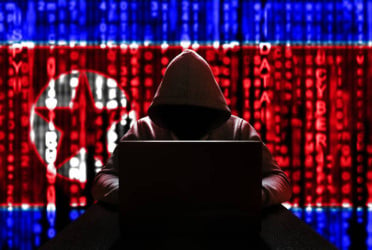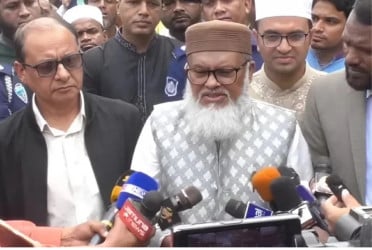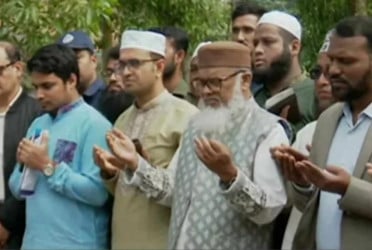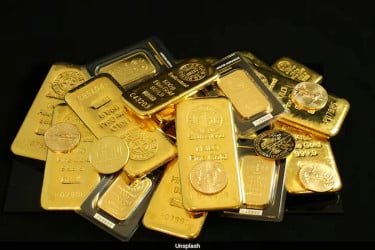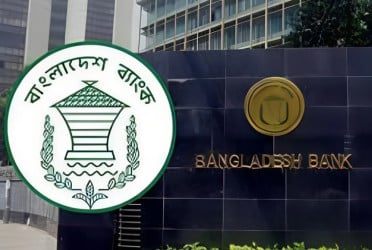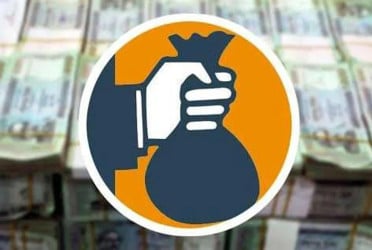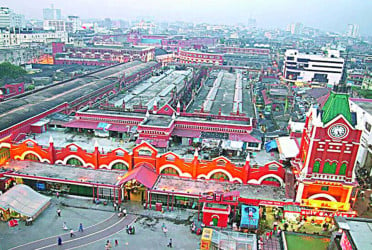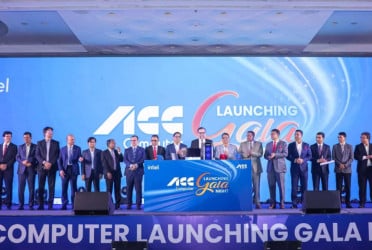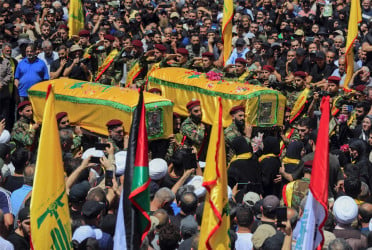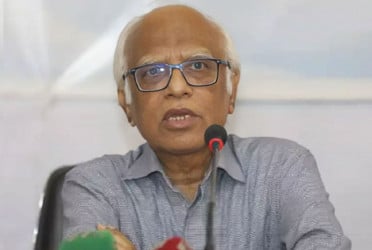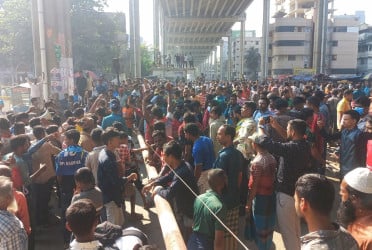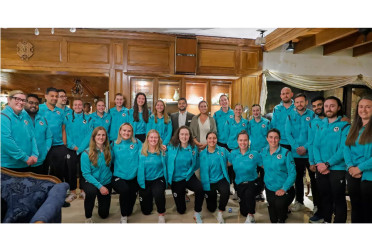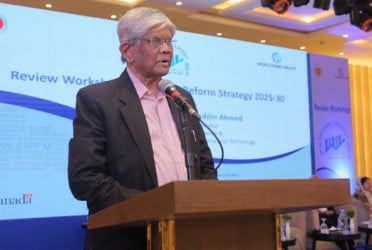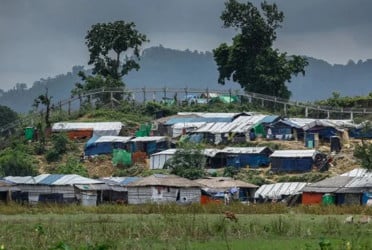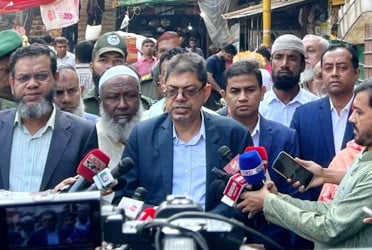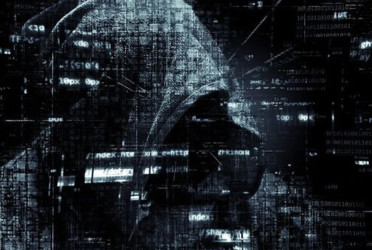The nation will observe the historic March 7 tomorrow (Thursday) in a befitting manner, commemorating the landmark speech of Father of the Nation Bangabandhu Sheikh Mujibur Rahman, which was touted as an indirect declaration of the country's independence in 1971.
The ruling Awami League (AL) has taken elaborate programme to observe the historic March 7, a red-letter day in the country's history, on Thursday in a befitting manner, BSS reported.
Marking the day, the ruling AL will hoist national and party flags atop Bangabandhu Bhaban and party offices at 6:30 am.
Awami League leaders and workers will place wreaths at Bangabandhu's portrait on the premises of Bangabandhu Bhaban at Dhanmondi at 7:00 am.
A discussion will be held at AL’s Dhaka District Office in the city’s Tejgaon at 4:00 pm. Awami League President and Prime Minister Sheikh Hasina will chair the discussion.
Awami League General Secretary and Road Transport and Bridges Minister Obaidul Quader urged leaders and workers of the party and its associate bodies and the people to observe the day with due respect across the country.
On March 7 in 1971, the great leader Sheikh Mujib, the architect of independent Bangladesh, in his historic address at a mammoth rally at the then Race Course (now Suhrawardy Udyan), directed the freedom-loving Bangalees for waging a decisive struggle against the then Pakistan occupation forces.
"Turn every house into a fortress, resist the enemy with everything you have ... Having mastered the lesson of sacrifice, we shall give more blood. God willing [Inshallah], we shall free the people of this land," Bangabandhu also said in his speech.
The speech inspired the Bengalees to prepare for a war of independence.
The Liberation War began 18 days later when the Pakistan Army launched "Operation Searchlight" against unarmed Bangalee civilians, intellectuals, students, politicians, and armed personnel on the night of 25 March 1971.
On October 30 in 2017, UNESCO recognised the historic speech as part of the world's documentary heritage as the landmark fiery speech of Bangabandhu inspired the Bengalees to prepare for the War of Liberation in 1971.
It has been included in the Memory of the World International Register, a list of the world's important documentary heritage maintained by the United Nations Educational, Scientific and Cultural Organization (UNESCO.
In the 19-minute extempore speech from 4:23 pm before millions of people of former East Pakistan, Bangabandhu in unequivocal terms said, "We spilled our blood ... we are ready to shed more blood, the people of the country shall be freed, Inshallah!"
"Ebarer sangram amader muktir sangram, ebarer sangram swadhinatar sangram [The struggle this time is a struggle for emancipation, the struggle this time is a struggle for independence]", Bangabandhu declared in a thunderous voice at the rally.
During his deliberations amid thunderous slogans and applause, he also made a fervent appeal to the roaring people from all walks of life to make preparations for armed struggle against the tyranny, exploitation, subjugation and deprivation by the Pakistani military junta with whatever they possessed and transformed every house into a fortress.
The people were overwhelmed and imbued with the spirit of Bangabandhu's unparalleled speech of independence regarded only as comparable with the Gettysburg Speech of slain US President Abraham Lincoln.
The whole nation responded spontaneously to Bangabandhu's call with the thunderous slogan- "Bir Bangalee Astra Dharo, Bangladesh Swadhin Karo" -Brave Bangalees take up arms and free Bangladesh from occupation.
The vigorous speech inspired people from all walks of life to prepare for the war, which eventually began after the Pakistani regime on the black night of March 25 launched attacks on the unarmed Bangalees, the worst genocides in history for the next nine months.
Bangabandhu's March 7 speech has been selected as one of the most rousing and inspirational wartime speeches in the last 2,500 years. The dynamic speech has changed the course of the country's history.
bd-pratidin/GR

